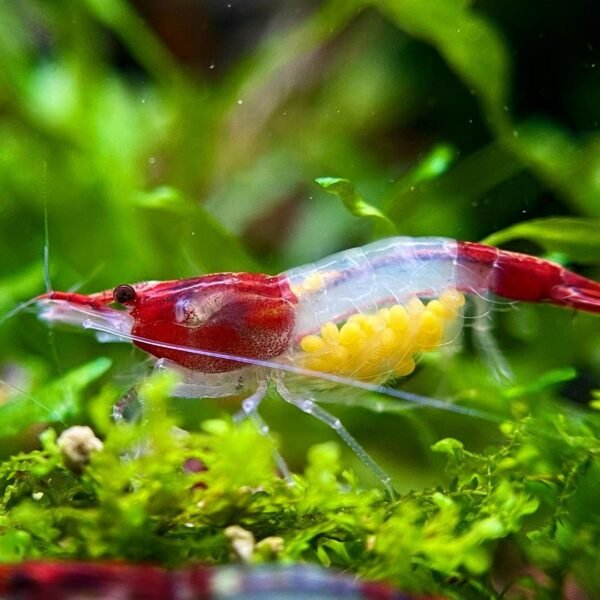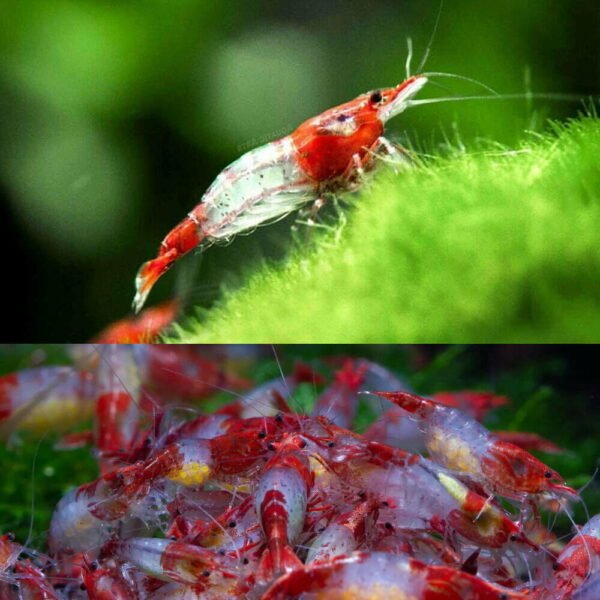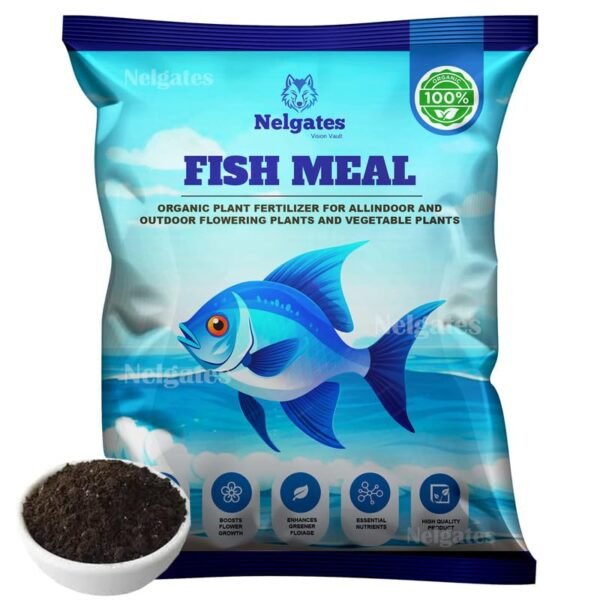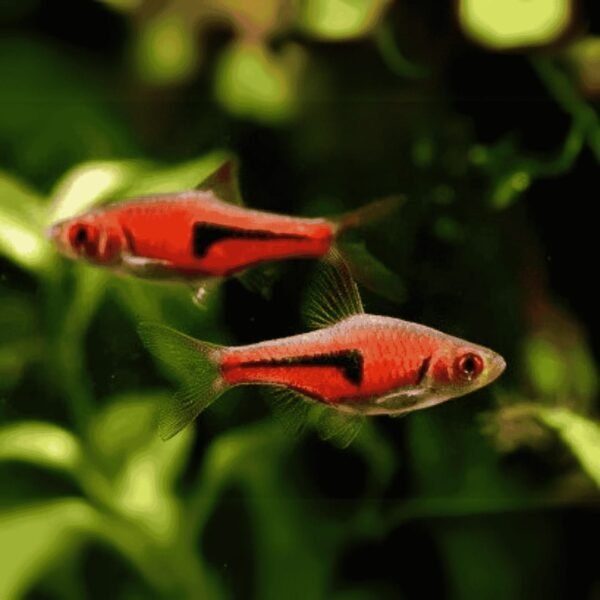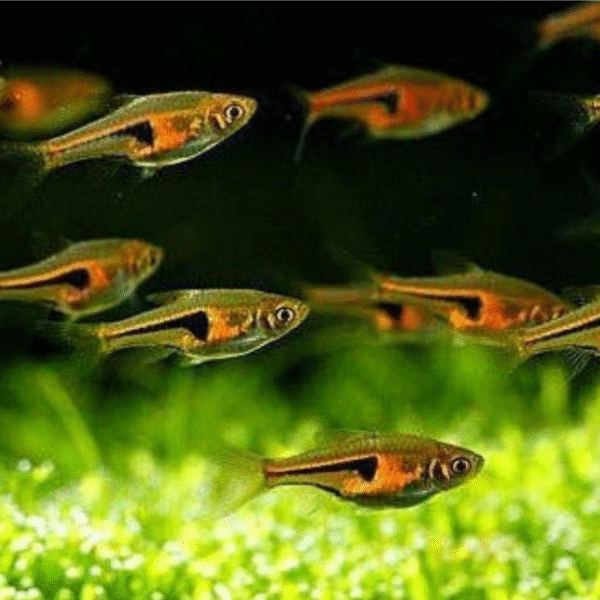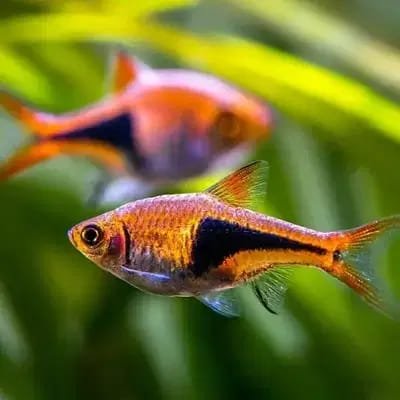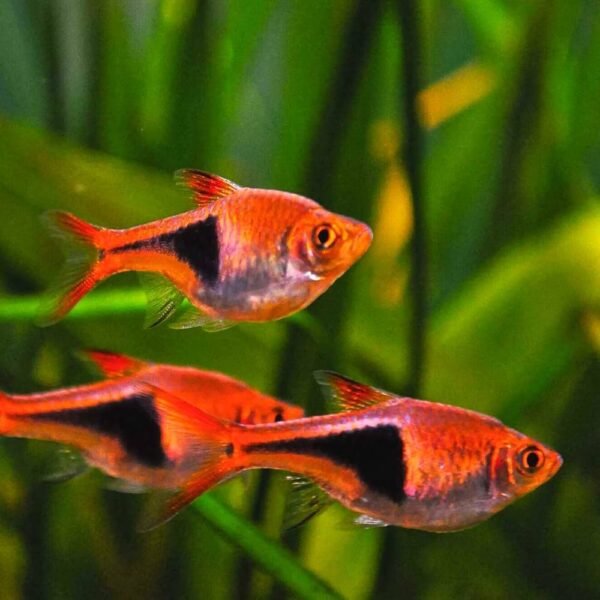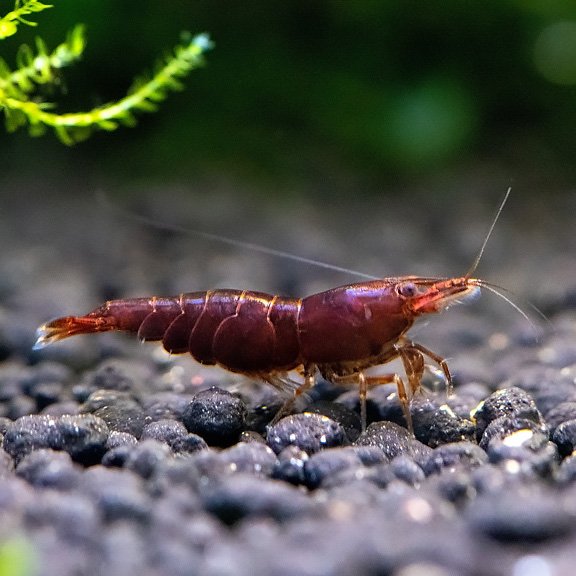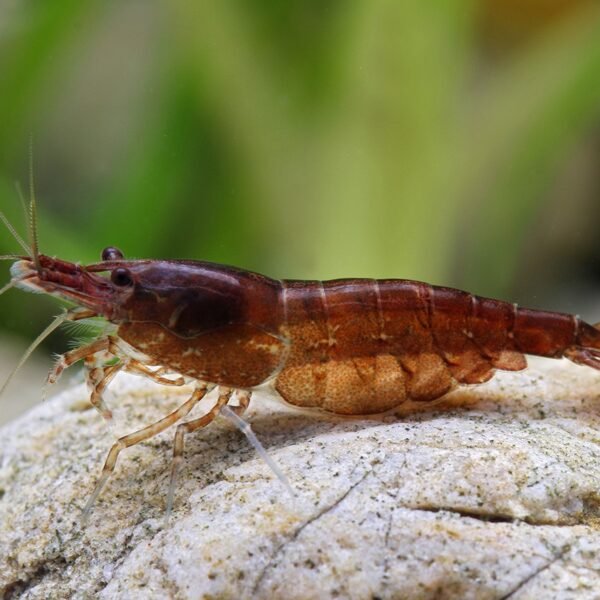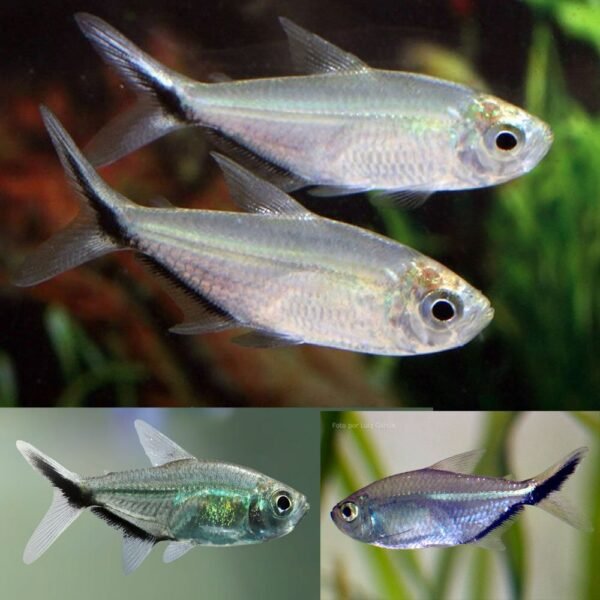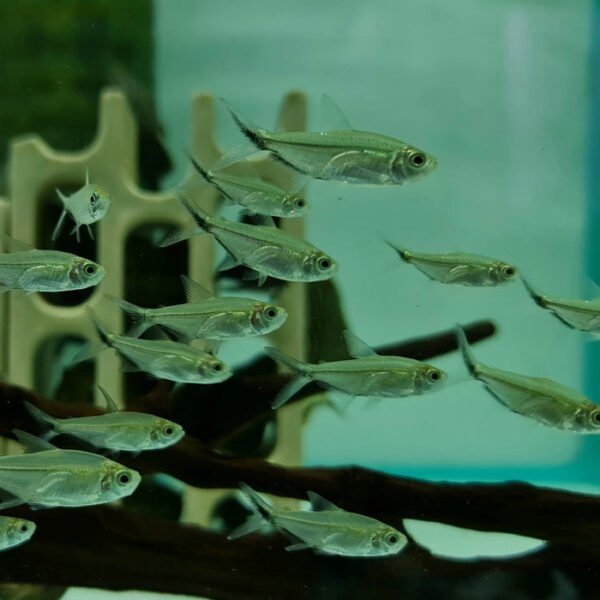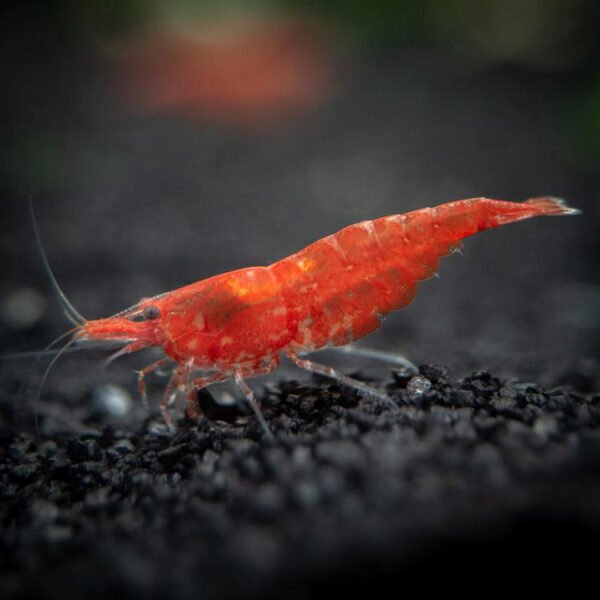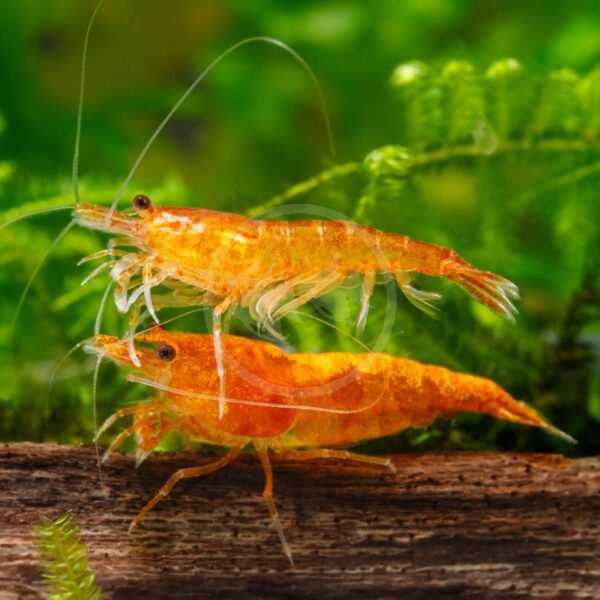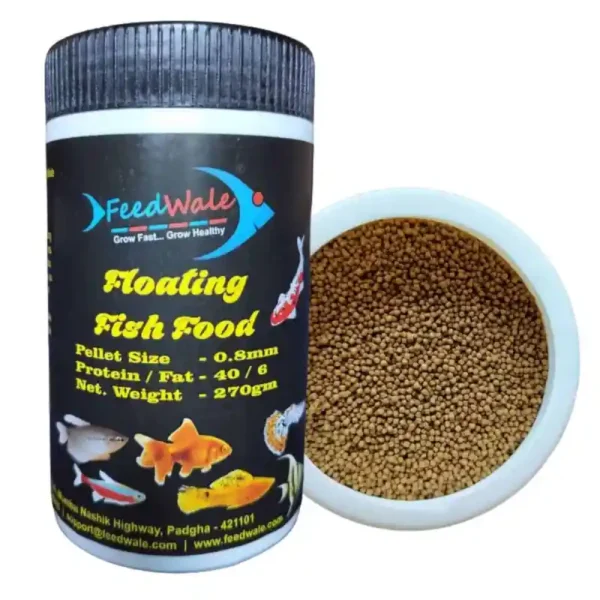Description
🐟 Pandaro Blue Mosaic Guppy (Poecilia reticulata)
📌 Basic Info
-
Scientific Name: Poecilia reticulata
-
Family: Poeciliidae
-
Origin: Selectively bred (tank-bred variety)
-
Size: 1.5 – 2.5 inches (3.5 – 6 cm)
-
Lifespan: 2 – 3 years
-
Tank Zone: Mid to top swimmers
🌊 Water Parameters
-
TDS: 200 – 400 ppm
-
pH: 6.8 – 7.8
-
Temperature: 22 – 28°C (72 – 82°F)
-
Hardness: 8 – 20 dGH
🐟 Characteristics
-
Features a bright blue mosaic tail pattern with shimmering body.
-
Males are smaller, more colorful; females larger with less pattern.
-
Peaceful, social, and very active swimmers.
-
Hardy and adaptable – great for beginners and advanced hobbyists.
-
Livebearers – females give birth to fry directly.
🍽️ Food
-
Type: Omnivorous
-
Diet: Flake food, micro pellets, brine shrimp, daphnia, mosquito larvae, spirulina, blanched veggies.
-
Feeding: 1–2 times daily in small amounts.
🛠️ Maintenance
-
Tank Size: Minimum 10 gallons (larger preferred for groups).
-
Filtration: Sponge or gentle filter for clean water.
-
Substrate & Decor: Live plants, hiding spots, driftwood, open swimming areas.
-
Water Change: 25–30% weekly.
👥 Social Behavior
-
Minimum Group Size: Best in groups (ratio 1 male : 2–3 females).
-
Tank Mates: Guppies, Platies, Mollies, Swordtails, Corydoras, Rasboras, Neon Tetras, Shrimp.
-
Avoid: Aggressive or fin-nipping fish (Tiger Barbs, Bettas, large Cichlids).
✅ Do’s
-
Provide plants or moss for fry to hide.
-
Keep stable water conditions for healthy growth.
-
Maintain correct male-to-female ratio to reduce stress.
❌ Don’ts
-
Don’t overcrowd – they breed rapidly.
-
Don’t house with aggressive or big predators.
-
Don’t skip water changes or overfeed.
⭐ Quick Tips
-
Known for their stunning blue mosaic tail designs.
-
Easy to breed – females can give 20–40 fry per month.
-
Perfect for adding color and energy to community aquariums.



